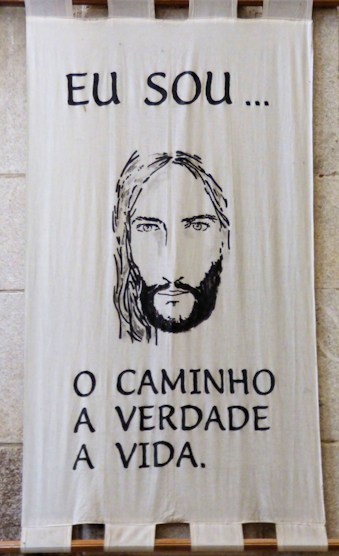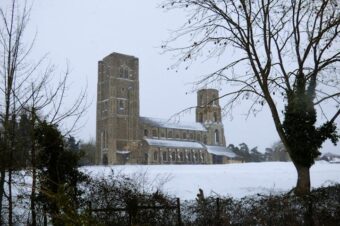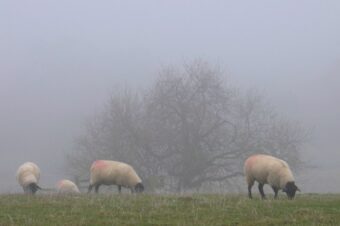“‘But I don’t want to go among mad people,’ Alice remarked.
‘Oh, you can’t help that,’ said the Cat: ‘we’re all mad here. I’m mad. You’re mad.’
‘How do you know I’m mad?’ said Alice.
‘You must be,’ said the Cat, ‘or you wouldn’t have come here.’”
Librarian Theatre, Alice in the Cuckoo’s Nest
We went to a play at a local library. Strange, you might think, having a theatre group in a library. But if you have ever been to a play with a smaller and intimate audience, almost onstage with the cast, you will know how powerful the performance can be. In this case the theatre group are Librarian Theatre and the production was Alice in the Cuckoo’s Nest.
An odd combination of Alice in Wonderland visited by a white rabbit and One Flew Over the Cuckoo’s Nest; full of elements from both. But when you realise that this production was exploring the theme of psychosis and raising awareness and funds for MIND, then it is not so strange that these actors took us to dark places we may have brushed up against ourselves, or visited among those we love.
In the play the Mad Hatter asks Alice the riddle posed by Lewis Carroll in Alice in Wonderland: “Why is a raven like a writing desk?” Like the play you may look for answers but sometimes the mystery that is ‘me’ won’t find any, no matter how much we try. The answers that we might come up never seem quite to fit the depth of the riddle itself.
My wife summed it up like this: “no easy answers to the complex problems and riddles of life and the psyche. And if we ever escape from the labyrinth of mental illness, if we somehow have in our possession the thread that helps us find our way back, we can only say like in the Joan Baez song, “There but for fortune go you or I.”
For Christians the answers are even less straight forward, because we sometimes naively assume that what others cry ‘abnormal’ actually ‘needs fixing.’ Reading through the struggles of some of the more alarming of God’s servants like Elijah, you might find that they had their own unique qualities that gave them special access to God’s voice, alongside those that are more unsettling, clamouring inside us in fear and darkness:
“11 The Lord said, ‘Go out and stand on the mountain in the presence of the Lord, for the Lord is about to pass by.’
Then a great and powerful wind tore the mountains apart and shattered the rocks before the Lord, but the Lord was not in the wind. After the wind there was an earthquake, but the Lord was not in the earthquake. 12 After the earthquake came a fire, but the Lord was not in the fire. And after the fire came a gentle whisper. 13 When Elijah heard it, he pulled his cloak over his face and went out and stood at the mouth of the cave.
Then a voice said to him, ‘What are you doing here, Elijah?’”
1 Kings 19:11-13 New International Version
Wherever ‘here’ is for you right now, the question is always the same. If I ignore it, or I don’t look inside myself for an answer and to God for a direction beyond the now, then there is really nowhere else to go that might make sense in a world that seems to specialise in inhuman senselessness.
We were asked to give our impressions of the play in a few words. In this case brilliant and disturbing can sit comfortably alongside one another.







